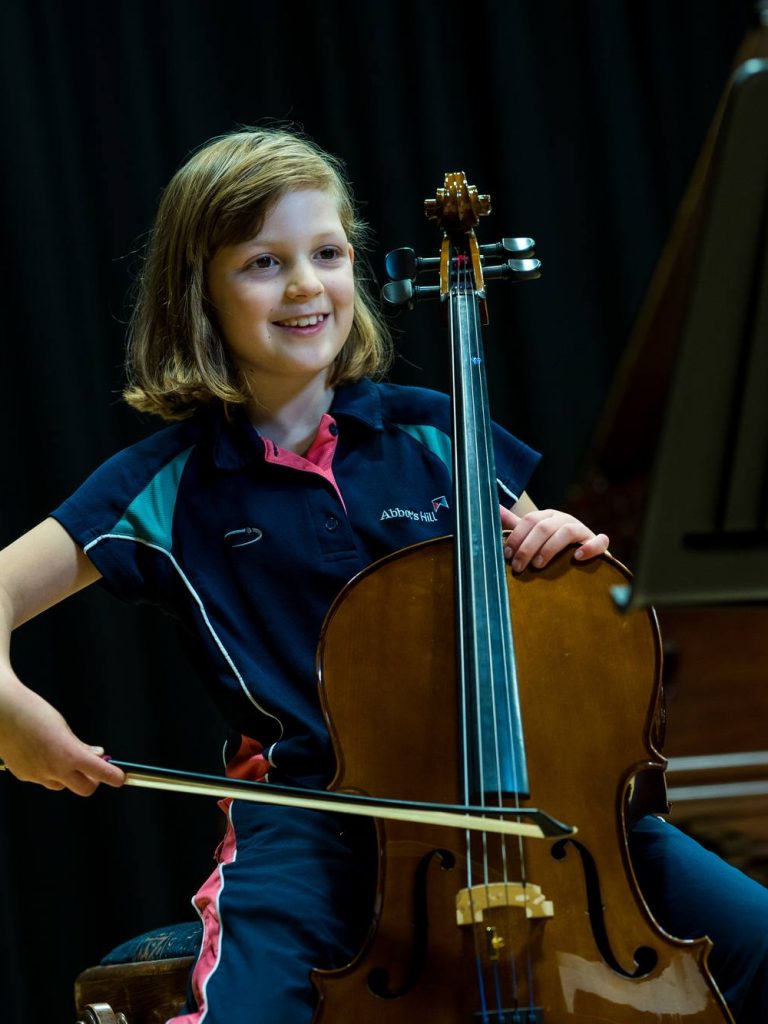The rapid development of artificial intelligence (AI) has raised intriguing questions about the need for traditional student testing, particularly in a world where AI can potentially automate various job functions. The evolving landscape of employment skills, the role of assessments, and the relevance of the memory economy in an AI-driven future are all things that educational institutes like Abbot’s Hill need to be considering.
While AI has demonstrated its ability to perform specific tasks efficiently, it is essential to recognize that the impact of AI will not replace all human workers. In fact, at the moment, AI technology is best when it complements human skills, automating repetitive tasks and augmenting human capabilities. The demand for certain skills, such as critical thinking, problem-solving, creativity, emotional intelligence, and adaptability, is expected to increase.
As the emphasis shifts from memorization to skills application and problem-solving, assessments must play a vital role in evaluating students’ ability to apply knowledge and use tools effectively. Assessments need to begin to focus on evaluating higher-order thinking skills and real-world applications rather than rote memorization of information. The memory economy centred around memorizing large volumes of information may be less relevant in an era where AI can store and retrieve data effortlessly. However, the development of cognitive skills remains crucial. While AI can provide quick access to facts and figures, the human ability to analyze, interpret, and synthesize information generates innovative ideas, critical insights, and complex problem-solving approaches.
AI excels in tasks that follow predefined patterns and algorithms. However, creativity, adaptability, and navigating unstructured and ambiguous situations are currently uniquely human qualities. Assessments should encourage and evaluate these skills, fostering an environment where students can showcase their ability to think outside the box, generate novel ideas, and adapt to changing circumstances. Creativity, combined with critical thinking and problem-solving skills, will become increasingly valuable in an AI-dominated world.
Abbot’s Hill School recognizes the limitations of the current national assessment framework. However, as an institution committed to providing a holistic education, we are determined to prepare our pupils for a future far beyond standardised testing. By collaborating with associations such as the Girls’ Schools Association (GSA), we will advocate for assessment reforms that align with the lifelong skills our students need. While external factors may restrict our influence over national assessments, we have the autonomy to shape our curriculum and assessments within the school. At Abbot’s Hill, we are committed to fostering an educational environment that cultivates skills necessary for success in a rapidly evolving world, regardless of the advancements in AI for the next generation.
Our approach to assessments goes beyond evaluating rote memorization and regurgitation of information. We believe in challenging our pupils to develop critical thinking, problem-solving, creativity, adaptability, and other vital skills that will serve them well throughout their lives. Our assessments are designed to reflect real-world scenarios, encouraging students to apply their knowledge and think innovatively. By incorporating project-based assessments and collaborative tasks, we encourage our students to explore, analyse, and present their ideas creatively and meaningfully. These assessments measure academic progress and develop communication skills, teamwork, and the ability to think critically under varying circumstances. At Abbot’s Hill School, we understand that the future is uncertain, and advancements in AI will continue to reshape the professional landscape. However, our focus remains on equipping our students with transferable, adaptable, and resilient skills. We prepare them to thrive in a world where collaboration, empathy, adaptability, and ethical decision-making are highly valued.
While we strive to influence national-level changes through association memberships, our immediate focus is creating an environment within our school that nurtures lifelong skills. By instilling in our students a passion for learning, intellectual curiosity, and a growth mindset, we empower them to embrace the challenges and opportunities that lie ahead, regardless of how AI develops.



